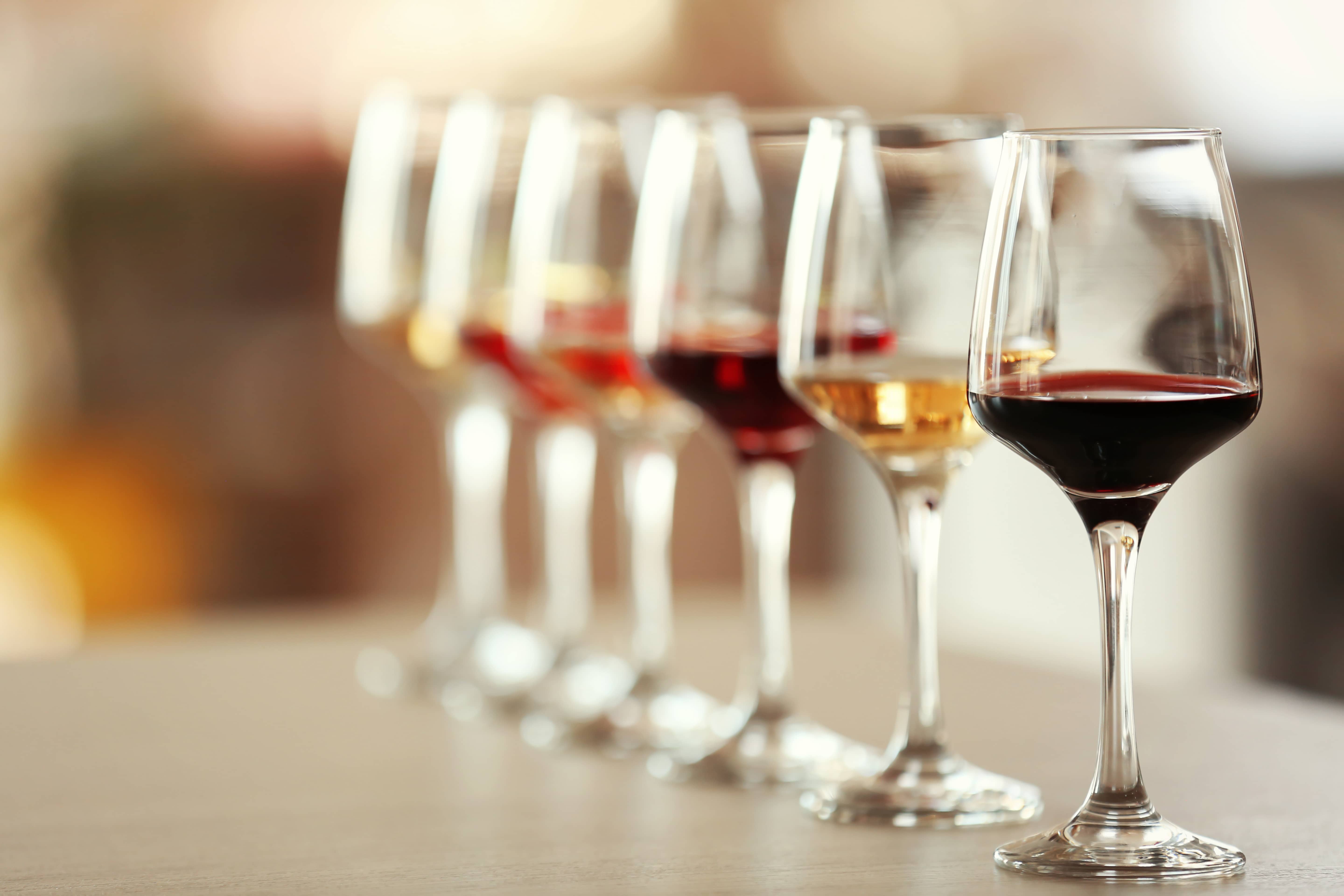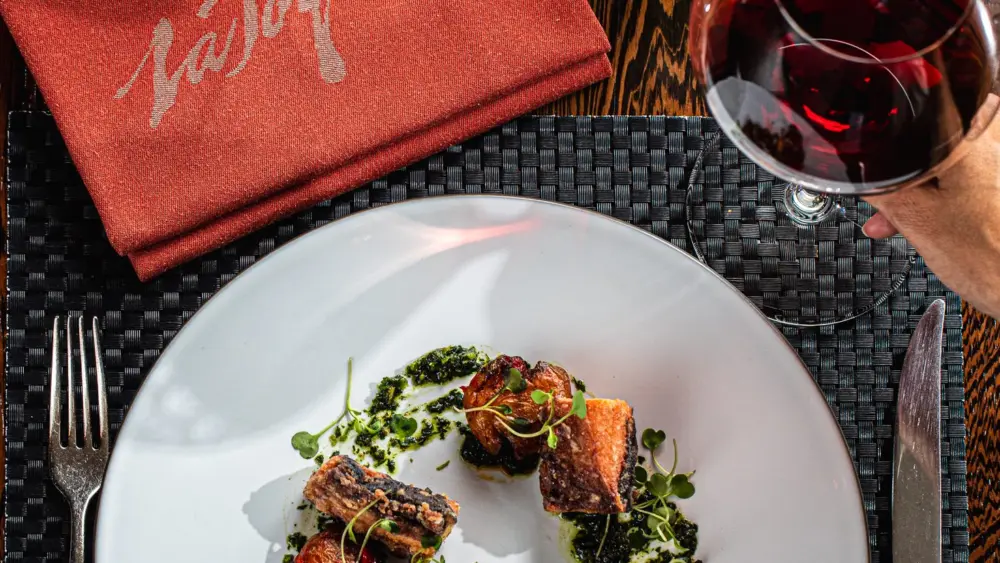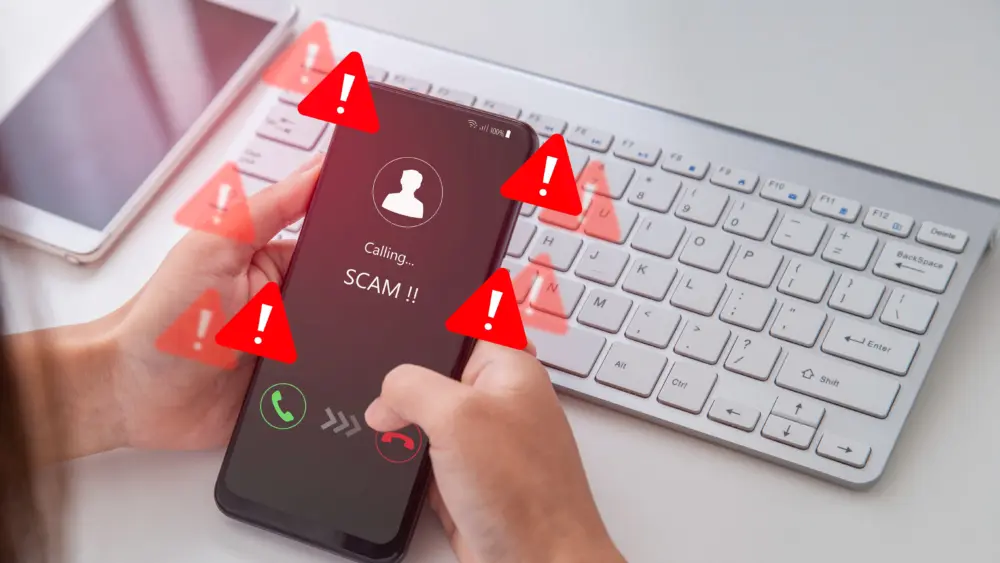
The power of using false health claims to sell everything from cocaine mixed with wine to
cigarettes and cereal is nothing new. And for the last few decades the temptation to link the
consumption of wine with positive health outcomes has been too tempting for many in the
industry to resist. The idea was to convince the public that drinking a glass or two of wine a day
was not only pleasurable but was also a kind of magic health elixir that might reduce the risk of
everything from cancer to heart disease, as well as improve cognition.
“Let food be thy medicine and medicine be thy food,” Hippocrates said some 2,500 years ago,
and marketers have been taking his advice ever since. In 1897, C.W. Post called Grape-Nuts
“food for brain and nerve centers.” By the early 1900s Kellogg claimed that eating cornflakes in
the morning reduced immoral sexual urges. In the 1920s and ’30s cigarettes were marketed as
“doctor-recommended” and handed out as free samples by medical professionals. Today nearly
all foods and beverages make some sort of health claim, and nearly all of them are false.
Torches of Freedom
In the late 19th and early 20th centuries tobacco companies made a number of health claims to
promote their products. These included helping with digestion, weight loss, sore throats and
asthma, preventing or even curing tuberculosis, improving mental performance and relaxing the
nervous system. Smoking was also heralded as a way to gain equal rights for women.
In the early 20th century Edward Bernays, a public relations specialist, launched his “Torches of
Freedom” campaign with the goal of breaking down the social taboo against women smoking in
public. At that time smoking was seen as a male activity, and women who smoked in public were
often viewed as immoral or promiscuous. Linking smoking to women's liberation, Bernays
tapped into the growing feminist movement and created a new market for tobacco companies. In
1929 he hired a group of young women to march in the New York City Easter parade while
smoking cigarettes and carrying banners that read "torches of freedom.” It worked. Whereas only about 5% of women in the United States smoked in 1929, by the mid-1960s that had grown to more than 40%.
Vin Marian
For thousands of years the indigenous people of the Andean region of South America—where
the coca plant is native—had chewed the plants’ leaves or brewed them into tea to provide
energy, combat altitude sickness and relieve hunger and fatigue. In 1855 a German chemist
named Friedrich Gaedcke first extracted the active ingredient from the coca plant and called it
cocaine.
By 1863 Angelo Mariani—an Italian-French chemist and businessman—had developed a new
beverage that mixed the powerful new stimulant with wine. He called it “Vin Marian,” and the
tonic became an overnight success. Widely promoted for its supposed health benefits—including
its ability to boost energy, improve digestion and relieve nearly all known ailments—the powerful elixir was eagerly adopted by notable figures such as Pope Leo XIII, Thomas Edison,
Queen Victoria, Arthur Conan Doyle and Jules Verne.
Noticing the success, an American, Dr. John Pemberton of Atlanta, created his own version of
Vin Marian, which he called Pemberton's French Wine Coca. Like Mariani before him,
Pemberton touted his new drink as a magic cure for everything from headaches and neuralgia to
melancholy and hysteria. However, by the late 1880s—driven by a growing anti-alcohol
movement spreading across the country—the wine was removed as an ingredient and replaced
instead with a heaping amount of sugar. Pemberton also changed the name to “Coca-Cola: The
temperance drink.”
By the early part of the 20th century it was becoming clear that cocaine was not the magic cure
that its proponents had claimed, and by 1914 the United States had passed the Harrison Narcotics
Tax Act, which required individuals and companies dealing in cocaine and opiates to register
with the government and pay a tax on their sales and distribution. Reading the writing on the
wall, Pemberton replaced the cocaine in his drink with caffeine; however, the health claims
continued for decades.
The problem with health claims
As a scientist turned vintner turned columnist, I am skeptical of anyone telling me that something
is “healthy.” The problem with such claims is that it is impossible to be 100% certain of any such
statement, and an error could result in harm. Therefore, the wine industry must drop all health
claims and embrace the reality that wine (and every other type of alcohol) is an adult beverage
that is an addictive intoxicant. It has brought pleasure to millions but ruin to others.
Author
-

Tim Carl lives, writes and teaches in Calistoga. He grew up in St. Helena and traces his Calistoga grape-growing roots back five generations. You can reach him at tcarl@northbaybiz.com.
View all posts




425 thoughts on “Wine Industry Must Avoid Untrue Health Claims”
What’s Taking place i’m new to this, I stumbled upon this I’ve found It absolutely helpful and it has helped me out loads. I hope to contribute & assist different customers like its aided me. Great job.
Hello my loved one! I wish to say that this post is amazing, nice written and include approximately all important infos. I’d like to look more posts like this .
I don’t unremarkably comment but I gotta admit thanks for the post on this special one : D.
Thank you for some other great post. The place else may anyone get that type of information in such an ideal method of writing? I have a presentation subsequent week, and I am on the search for such info.
I dugg some of you post as I thought they were extremely helpful very useful
Your place is valueble for me. Thanks!…
Very interesting subject , regards for posting.
There is clearly a bundle to know about this. I suppose you made certain good points in features also.
You actually make it appear really easy along with your presentation however I in finding this matter to be really something that I believe I’d by no means understand. It kind of feels too complicated and extremely wide for me. I’m having a look ahead on your next post, I will attempt to get the cling of it!
I really like your writing style, wonderful info , thanks for posting : D.
What i do not understood is actually how you are not really much more well-liked than you might be now. You’re so intelligent. You realize thus significantly relating to this subject, made me personally consider it from a lot of varied angles. Its like men and women aren’t fascinated unless it is one thing to accomplish with Lady gaga! Your own stuffs great. Always maintain it up!
I truly appreciate this post. I have been looking everywhere for this! Thank goodness I found it on Bing. You have made my day! Thank you again
Some genuinely great info , Glad I discovered this. "A kiss is a lovely trick designed by nature to stop speech when words become superfluous." by Ingrid Bergman.
Along with almost everything that appears to be developing throughout this subject material, your perspectives happen to be fairly refreshing. Even so, I beg your pardon, but I do not subscribe to your entire strategy, all be it stimulating none the less. It would seem to us that your opinions are not completely justified and in actuality you are generally your self not even thoroughly confident of your assertion. In any event I did appreciate looking at it.
For years, companies have structured their business strategies around the funnel, but not anymore
Would you be taken with exchanging hyperlinks?
You are my intake, I possess few web logs and very sporadically run out from post :). "Actions lie louder than words." by Carolyn Wells.
You have brought up a very great points, thanks for the post.
Hello, you used to write wonderful, but the last few posts have been kinda boring… I miss your super writings. Past several posts are just a little out of track! come on!
There is evidently a lot to realize about this. I believe you made some nice points in features also.
I think you have mentioned some very interesting points, appreciate it for the post.
You actually make it seem so easy along with your presentation but I in finding this matter to be actually something that I feel I might by no means understand. It sort of feels too complicated and extremely vast for me. I’m looking forward on your next publish, I¦ll try to get the hang of it!
A lot of of what you claim happens to be astonishingly precise and it makes me wonder the reason why I had not looked at this in this light previously. Your piece really did switch the light on for me as far as this specific subject goes. Nonetheless there is actually just one issue I am not necessarily too comfy with so while I attempt to reconcile that with the core theme of your position, permit me observe what the rest of your readers have to say.Well done.
I loved as much as you’ll receive carried out right here. The sketch is tasteful, your authored subject matter stylish. nonetheless, you command get bought an edginess over that you wish be delivering the following. unwell unquestionably come more formerly again as exactly the same nearly very often inside case you shield this hike.
I am constantly invstigating online for posts that can aid me. Thx!
What’s Happening i am new to this, I stumbled upon this I have discovered It positively helpful and it has helped me out loads. I’m hoping to contribute & assist other customers like its aided me. Good job.
You can definitely see your enthusiasm in the work you write. The arena hopes for even more passionate writers such as you who aren’t afraid to say how they believe. All the time go after your heart.
My partner and I stumbled over here coming from a different web page and thought I might as well check things out. I like what I see so now i’m following you. Look forward to going over your web page repeatedly.
What’s Happening i’m new to this, I stumbled upon this I have found It absolutely useful and it has aided me out loads. I hope to contribute & aid other users like its aided me. Good job.
Throughout this grand scheme of things you’ll receive an A just for effort. Where you actually confused me personally was in the facts. You know, they say, the devil is in the details… And that could not be much more accurate at this point. Having said that, let me reveal to you precisely what did give good results. Your authoring is actually incredibly engaging and that is possibly the reason why I am making the effort in order to comment. I do not really make it a regular habit of doing that. 2nd, although I can notice the jumps in reasoning you make, I am not necessarily convinced of exactly how you seem to connect your details which inturn produce the actual conclusion. For now I will yield to your point however trust in the foreseeable future you actually connect the facts better.
It¦s really a great and helpful piece of info. I am glad that you simply shared this useful info with us. Please keep us informed like this. Thanks for sharing.
Exceptional post but I was wanting to know if you could write a litte more on this subject? I’d be very grateful if you could elaborate a little bit further. Appreciate it!
But wanna say that this is very helpful, Thanks for taking your time to write this.
An fascinating discussion is worth comment. I think that you must write more on this topic, it might not be a taboo subject but typically people are not sufficient to speak on such topics. To the next. Cheers
You have brought up a very wonderful points, thankyou for the post.
I’d must verify with you here. Which isn’t one thing I usually do! I get pleasure from studying a post that will make people think. Additionally, thanks for permitting me to comment!
I am always thought about this, thankyou for posting.
Excellent read, I just passed this onto a friend who was doing some research on that. And he actually bought me lunch because I found it for him smile So let me rephrase that: Thank you for lunch! "We steal if we touch tomorrow. It is God’s." by Henry Ward Beecher.
I truly appreciate this post. I’ve been looking everywhere for this! Thank goodness I found it on Bing. You have made my day! Thanks again
Unquestionably believe that that you stated. Your favorite reason appeared to be on the internet the simplest factor to take into account of. I say to you, I certainly get irked even as other people consider issues that they plainly don’t understand about. You controlled to hit the nail upon the top and also defined out the whole thing with no need side effect , folks could take a signal. Will probably be back to get more. Thanks
so much great information on here, : D.
I do enjoy the manner in which you have framed this specific situation and it really does provide me some fodder for thought. However, coming from what I have witnessed, I just simply hope as the actual reviews pack on that men and women stay on point and in no way get started upon a tirade of some other news du jour. Yet, thank you for this superb piece and while I can not really concur with the idea in totality, I regard your point of view.
I think you have observed some very interesting points, thankyou for the post.
Very instructive and great bodily structure of subject material, now that’s user genial (:.
I always was interested in this subject and still am, regards for putting up.
Hello, you used to write excellent, but the last few posts have been kinda boring?K I miss your tremendous writings. Past several posts are just a bit out of track! come on!
magnificent post, very informative. I wonder why the other specialists of this sector don’t notice this. You should continue your writing. I am sure, you have a huge readers’ base already!
It’s onerous to search out knowledgeable people on this subject, however you sound like you recognize what you’re speaking about! Thanks
Somebody necessarily lend a hand to make severely posts I’d state. This is the first time I frequented your web page and up to now? I surprised with the analysis you made to create this actual publish incredible. Fantastic task!
I will immediately grab your rss feed as I can not in finding your e-mail subscription link or e-newsletter service. Do you’ve any? Please let me recognise in order that I may subscribe. Thanks.